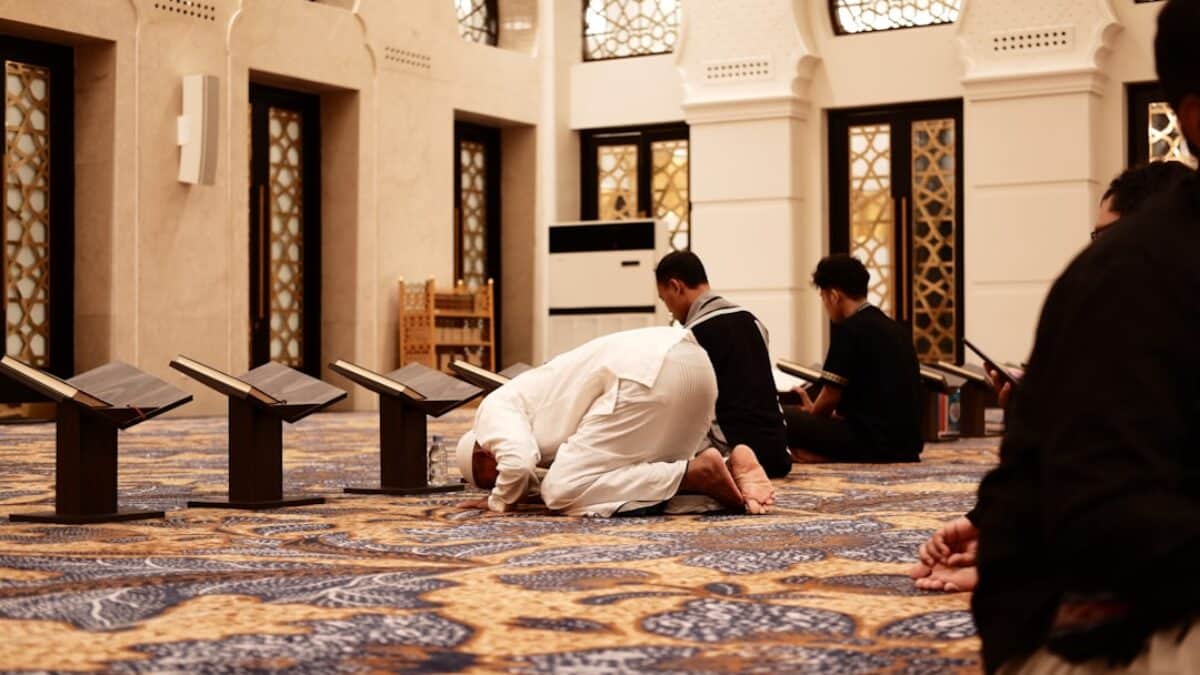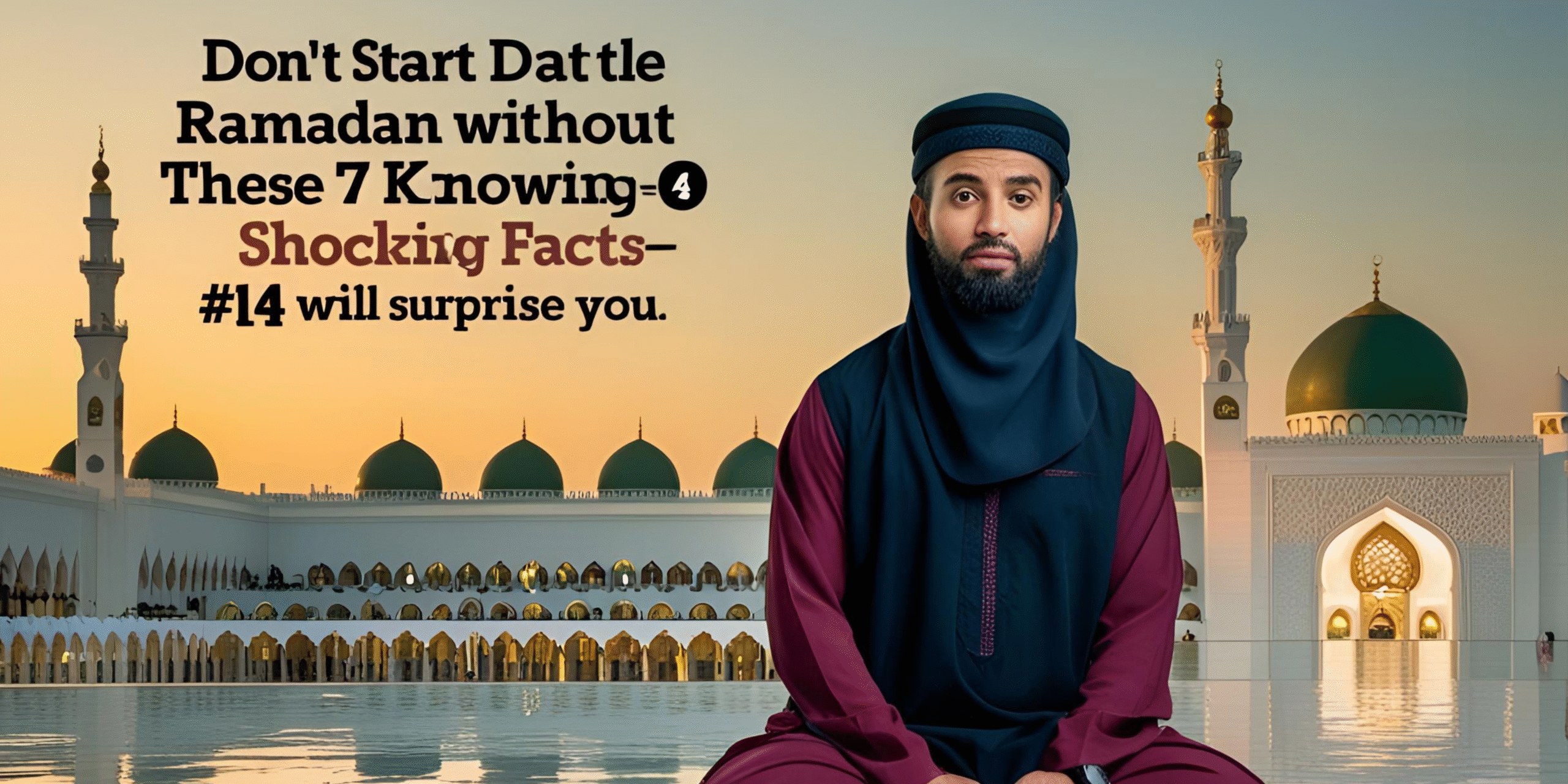As the crescent moon ushers in Ramadan, the blessed month of mercy descends upon the global Ummah. Beyond fasting, this sacred time is distinguished by an extraordinary surge in charitable giving—Zakat, Sadaqah, and feeding the fasting—forming the spiritual triad that purifies wealth and hearts alike. This article presents 30 powerful, practical, and spiritually uplifting Ramadan charity ideas that every Muslim can implement, whether living in a bustling metropolis or a remote village, on a tight budget or with abundant resources. The goal is simple yet profound: multiply your rewards, ease another’s burden, and transform this Ramadan into an unforgettable fountain of continuous charity (Sadaqah Jariyah).
Understanding Ramadan Charity: Zakat, Sadaqah, and Feeding the Fasting
Ramadan intensifies every act of worship, and charity is no exception. To maximize impact and spiritual return, it is vital to distinguish the three primary forms of giving:
- Zakat al-Mal: The annual obligatory purification of accumulated wealth (2.5 % of qualifying assets) that must be disbursed to specific eight categories of recipients mentioned in Surah At-Tawbah, 9:60.
- Zakat al-Fitr (Fitrana): A compulsory donation—usually staple food or its monetary equivalent—given before Eid prayer to cleanse the fasting person’s shortcomings and enable the poor to celebrate Eid.
- Sadaqah: Voluntary charity of any amount and type, given at any time, motivated purely by seeking Allah’s pleasure. It ranges from a smile to funding an orphanage.
- Feeding the Fasting (Iftar Sa’im): A special category of Sadaqah that directly supports those who fast, whether by hosting communal iftars or discreetly delivering meals to struggling households.
Understanding these pillars ensures that each dirham, dollar, or grain of rice is placed exactly where Allah ordains, multiplying blessings seventy-fold in Ramadan.
Key Components of Effective Ramadan Giving
1. Intention (Niyyah)
Every act begins in the heart. A sincere intention transforms a simple meal into a prophetic Sunnah and a bank transfer into a shield against calamity.
2. Knowledge of Recipients
Verify eligibility. Use vetted local mosques, credible NGOs, or transparent crowdfunding platforms. Prophet Muhammad ﷺ said: “Allah is in the aid of His servant as long as His servant is in the aid of his brother.”
3. Timing
Ramadan’s last ten nights—especially Laylatul Qadr—yield rewards “better than a thousand months.” Schedule key donations then, but ensure Zakat al-Fitr reaches recipients before Eid.
4. Sustainability
Shift from one-off gestures to recurring giving by automating monthly charity debits, setting up family waqfs, or creating income-generating projects for the poor.
Benefits and Importance of Ramadan Charity
| Benefit | This Life | Hereafter |
|---|---|---|
| Social | Reduces inequality, builds community resilience | Shade on Judgment Day (Hadith of seven) |
| Psychological | Increases gratitude, lowers stress | Removal of anxiety on the Bridge (Sirat) |
| Economic | Stimulates micro-economies, creates jobs | Multiplied reward, protection from Hellfire |
| Spiritual | Softens heart, deepens khushoo in salah | Intercession by charity on the Day of Reckoning |
30 Powerful Ways Muslims Can Give Zakat, Sadaqah, and Feed the Fasting
1–5: Daily Micro-Acts of Sadaqah
- Smile & Greeting: A warm “Ramadan Mubarak” to neighbors counts as Sadaqah.
- Water Stations: Place a cooler of chilled water outside your home for passers-by.
- Digital Dhikr Reminder: Create and share a daily Qur’an verse graphic; upload counts as ongoing charity.
- Surplus Produce: Give fruit from your garden to the local homeless shelter.
- Time Bank: Tutor a refugee child on Zoom for 30 minutes each evening.
6–10: Strategic Zakat Planning
- Orphan Sponsorship: Allocate a fixed portion of Zakat to a registered orphan sponsorship program.
- Debt Relief Fund: Create a local fund that pays off interest-free loans of struggling families.
- Medical Bill Assistance: Partner with hospitals to clear emergency surgery dues for patients below the poverty line.
- Micro-Enterprise Grants: Provide sewing machines or farming tools to widows, funded from Zakat.
- Emergency Rent Support: Prepay one-month’s rent for an unemployed brother before eviction.
11–15: Creative Feeding Programs
- Neighborhood Iftar Kits: Deliver boxes containing dates, water, and a ready-to-heat meal to 50 homes anonymously.
- Mosque Caravan: Sponsor a mobile iftar truck that parks at construction sites at maghrib.
- Iftar Coupon Cards: Print vouchers accepted by local restaurants for a free meal; distribute to street workers.
- School Backpack Iftar: Provide students from low-income families a nutritious snack pack for the ride home.
- Suhur Drive-Thru: Set up pre-dawn meal distribution at a gas station for night-shift laborers.
16–20: Sadaqah Jariyah Projects
- Plant an Olive Grove: Fund 30 trees in Palestine; harvest supports farmers for decades.
- Build a Water Well: Install a solar-powered well in a drought-stricken village; plaque it with your parents’ names.
- Qur’an Circulation: Print and distribute 500 copies of translated Qur’an to hotel rooms.
- Online Islamic Course Scholarship: Sponsor 10 students for an accredited Aqeedah course.
- Hospital Wing Naming: Contribute to a maternity ward in a Muslim-majority country; ongoing rewards for every birth.
21–25: Tech-Savvy Giving
- Cryptocurrency Zakat: Calculate and pay Zakat on Bitcoin holdings via sharia-compliant platforms.
- Donation Matching Campaign: Run a 24-hour Instagram Live fundraiser with corporate sponsors doubling each gift.
- Amazon Smile Automation: Route 0.5 % of every purchase to a chosen Muslim charity.
- Gift-a-Goat E-Card: Send an e-card to relatives on Eid: “A goat has been donated in your name to a Yemeni family.”
- AI-Driven Impact Tracker: Use apps like MyTenNights to schedule Night-of-Power donations across the last ten nights.
26–30: Community & Family-Oriented Initiatives
- Children’s Penny Jar: Teach toddlers to drop coins daily; match their savings for orphan Eid gifts.
- Interfaith Iftar: Host an open iftar at the town hall to foster goodwill; invite local food banks to collect leftovers.
- Ramadan Charity Bingo: Create a 5×5 grid with acts like “plant a tree,” “donate blood,” and “compliment a cashier.” Families compete to complete rows.
- Green Iftars: Use biodegradable plates, donate leftover compost to community gardens.
- Legacy Will Update: Write 2.5 % of your estate as ongoing Sadaqah to a waqf; finalize it during the last ten nights.
Practical Applications: How to Implement These Ideas Step-by-Step
Step 1: Assess Your Capacity
Use the “3T Framework”: Time, Talent, Treasure. A college student may have little treasure but plenty of time; a retiree may have treasure but limited mobility. Match the idea to your unique mix.
Step 2: Form a Micro-Team
Recruit three reliable friends or family members. Create a WhatsApp group named “Ramadan Ripple.” Assign roles: Treasurer, Outreach, and Documentation.
Step 3: Set SMART Goals
- Specific: Sponsor 30 iftar meals nightly at the downtown shelter.
- Measurable: Track via signed meal logs.
- Achievable: Budget $300 total ($10 per meal).
- Relevant: Directly feeds fasting Muslims.
- Time-bound: Execute nightly from Day 1 to Day 30.
Step 4: Leverage Matching Campaigns
Many employers and philanthropies offer 100 % match funds. Submit your project proposal early; Ramadan deadlines fill fast.
Step 5: Document and Inspire
Post anonymized stories on social media: “Tonight, 100 construction workers broke their fast because of your donations.” Visual proof magnifies impact and sustains giving year-round.
Frequently Asked Questions
What is the difference between Zakat and Sadaqah?
Zakat is a mandatory annual purification of specific types of wealth (savings, gold, business inventory) at a fixed rate, with strict rules on who may receive it. Sadaqah is entirely voluntary, can be any amount or form (money, time, kindness), and has no limits or fixed rate. Both earn reward, but failing to pay Zakat is sinful, whereas neglecting Sadaqah is not.
Can I use Zakat money to host an iftar dinner?
Only if the attendees are legitimate Zakat recipients (e.g., the poor, debt-ridden, or travelers in need). Hosting an open community iftar where many guests are not eligible would invalidate the Zakat. Instead, use Sadaqah funds for public iftars and reserve Zakat for verified beneficiaries.
How do I calculate Zakat on fluctuating assets like stocks or crypto?
- Note the market value on your personal Zakat anniversary (lunar year from when you first owned the asset).
- If above the Nisab threshold, pay 2.5 % of the total portfolio value.
- Apps like Zakatify or National Zakat Foundation calculators automate crypto and equity valuations.
Is it permissible to give Zakat al-Fitr in cash instead of food?
The majority of scholars allow monetary equivalent if local Muslim authorities accept it and guarantee delivery of staple food to recipients before Eid prayer. However, some schools (Hanbali) insist on actual food. Follow your community’s practice to avoid dispute.
Can Sadaqah be given to non-Muslims?
Yes, general Sadaqah may be given to non-Muslims, especially neighbors, colleagues, or disaster victims, to
























Post Comment